My experiences with the newest generation entering the workforce
I was talking to a group of fourteen-year-olds about how far data storage had come in the last decade. I reminisced about taking floppy discs to and from school. When I finally left memory lane, I was met with blank stares. They looked around to see whether anyone else in the room understood the “innovations” of a time past.
The following Monday, I brought in a floppy disc, retrieved from a cabinet in my parents’ house, frozen in time circa 1999.
“Did you 3D-print that?”
My millennial brethren, we’re getting older.
For the better part of a decade, I had the privilege of being an educator in the public school system. As I worked with my Gen Z students, I learned a lot about what motivates them and how they learn. But I wanted to know more, so I did some research — surveys and one-on-one interviews — to delve deeper into their unique mindset.
During my interviews, the shocks kept coming. Just for fun, I asked the iconic question:
Were Ross and Rachel on a break?
A majority of them replied, “Who are Ross and Rachel?”
Considering their access to information, you’d think they’d know all kinds of trivia! These kids with their superior tech knowledge have the world at their fingertips. They must be lazy, or at least indifferent.
Maybe you’ve had similar thoughts, or heard comments like this from peers. Maybe you’ve even had comments like these directed at you. Every time a new generation emerges, the older generations doubt them. As a millennial, I felt it, and I’m sure our Gen X predecessors experienced the same.
These feelings are natural. Doubt is a product of unfamiliarity.
But my experiences and research turned me around on Gen Z. So let’s reframe our goal.
How We Will Survive Thrive with Generation Z?
Step One is understanding them.
So what sets Gen Z apart? And how can we best work with them?
- Gen Z grew up in a tech world. They are the first generation made up only of “digital natives.”
- They prefer working in project teams with five or fewer people.
- During training or onboarding, they prefer an established team member to guide them through the process, with occasional check-ins for feedback. It’s essential to build this into the onboarding process to maintain mentorship and make new hires feel welcome and trusted.
- Many of Gen Z prefer a hybrid work format. Working from home is the least popular option. Unlike many of us, Gen Z’s education was heavily impacted by the COVID-19 pandemic; they see the value of working from home but prefer to mix it with the traditional in-office format.
- Many of them prioritize work-life balance and are willing to take a lower salary to achieve it.
- If there is an issue in the workplace, many will prefer to let their manager know about it, rather than letting it go. We should foster an open and collaborative environment. Lack of experience does not mean lack of ingenuity.
- In fact, their biggest frustration with older generations is close-mindedness and the “we’ve been doing it this way for years” mindset. This is one of the most defining characteristics of Gen Z – they want change and are not afraid to speak up about it. For example, they are acutely aware of which cultural norms are outdated in today’s workplace; we should listen to them.
- Their biggest fear when entering the job market is competency. Having been students during the pandemic, many feel they‘re not prepared to perform. They feel the expectation of perfection from the get-go. They also sense a lack of confidence from older generations. We should provide a nurturing environment that allows them to grow and all of us to build upon their unique skills and perspective.
- Compared to my generation, they are more self-aware at a young age. They prefer a human-centric approach to work and consider it crucial to understand who they work with.
Doubt is a product of unfamiliarity, but establishing a baseline of familiarity is the first step toward overcoming this barrier. Some of the most valuable lessons I’ve learned were taught to me by Generation Z. Take the time to learn more about these remarkable people and see how they can help us thrive.
And yes, Ross and Rachel were on a break.




